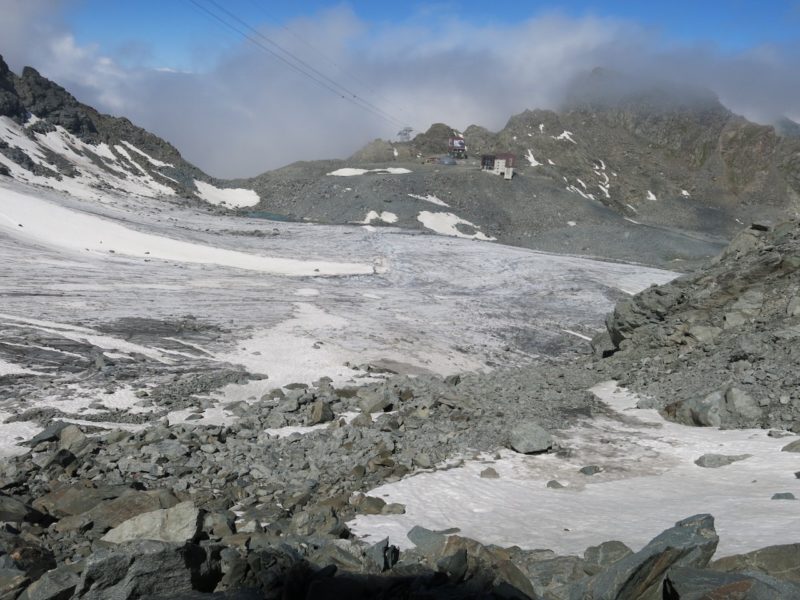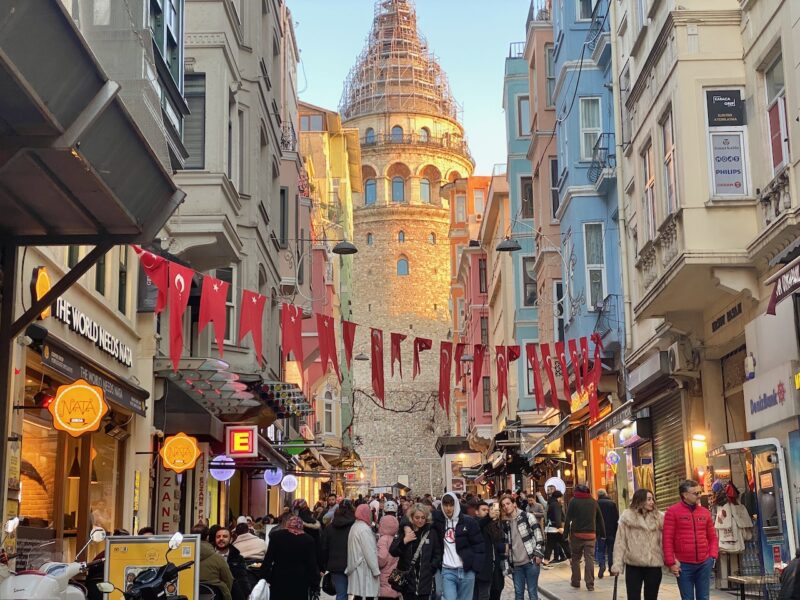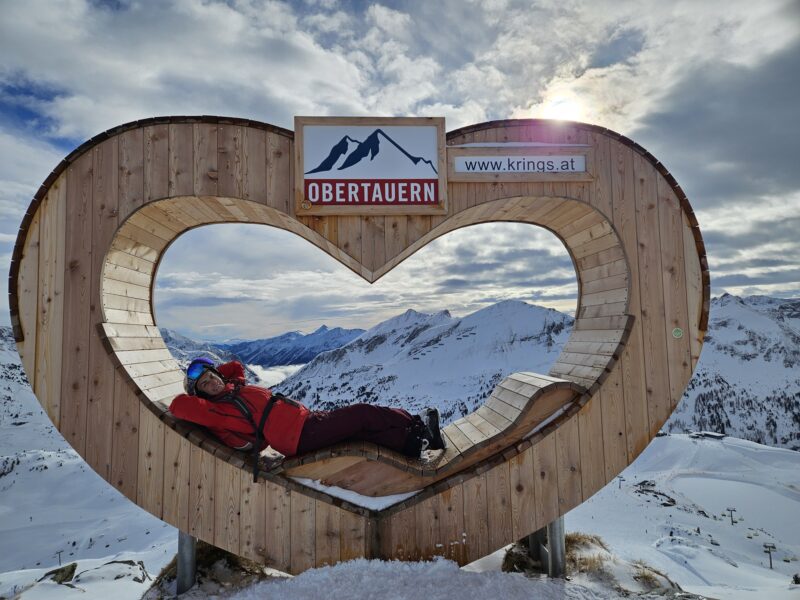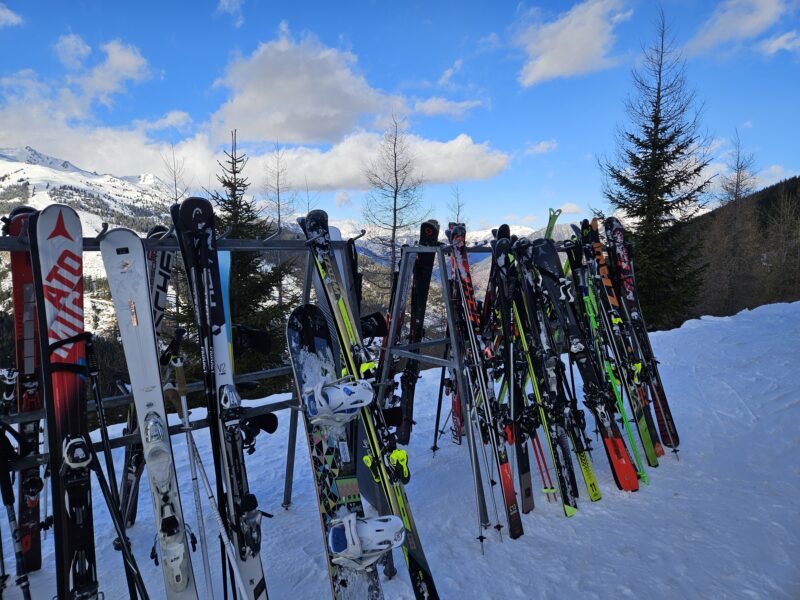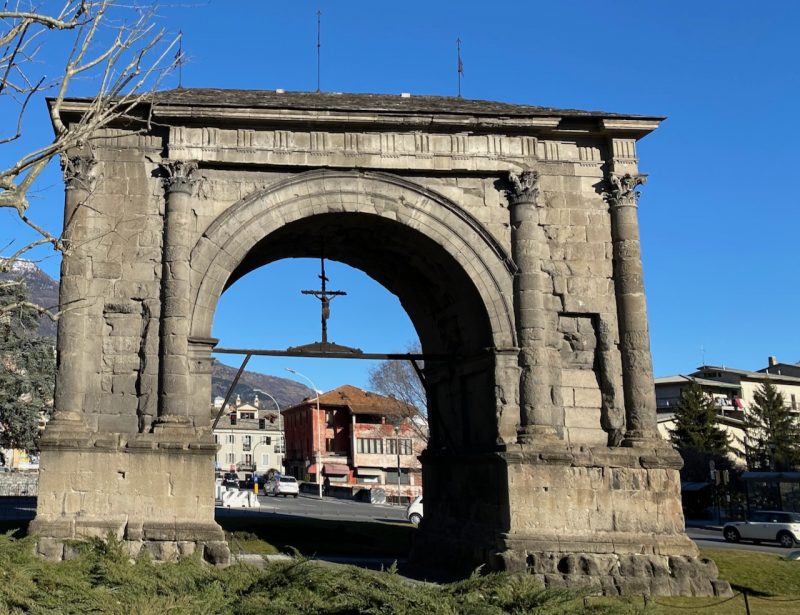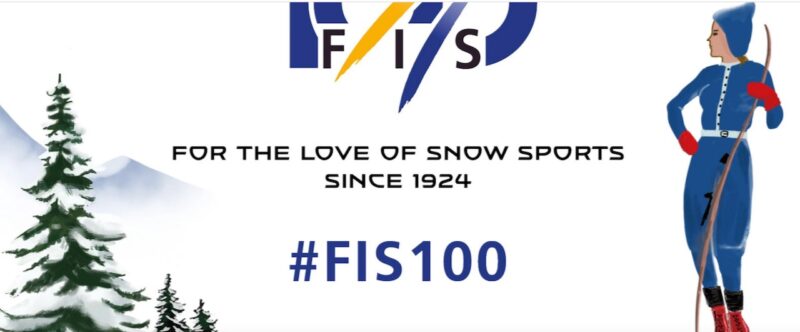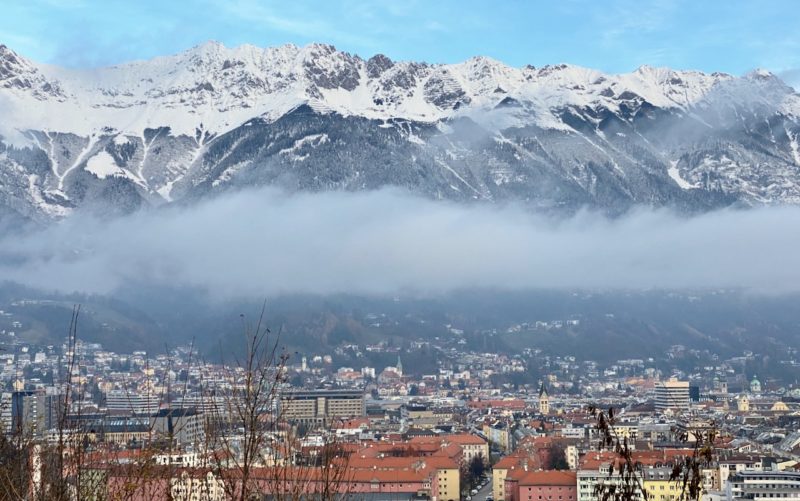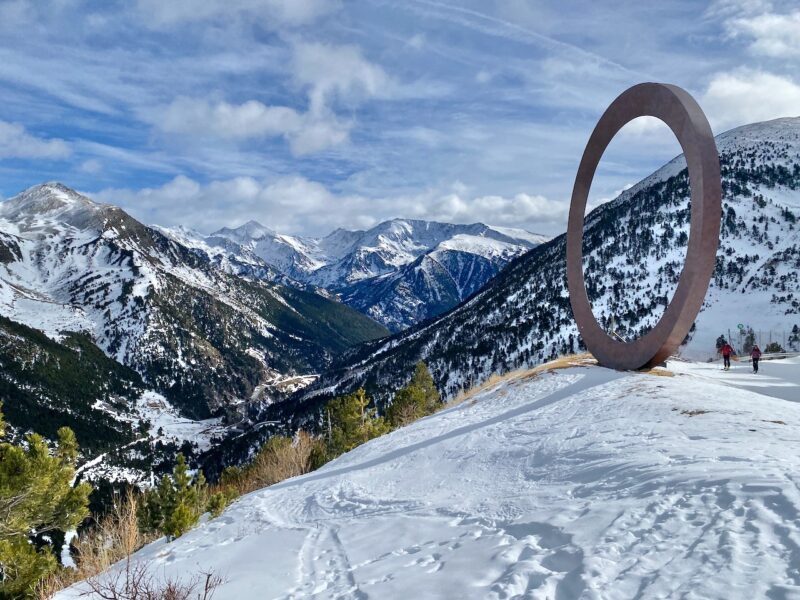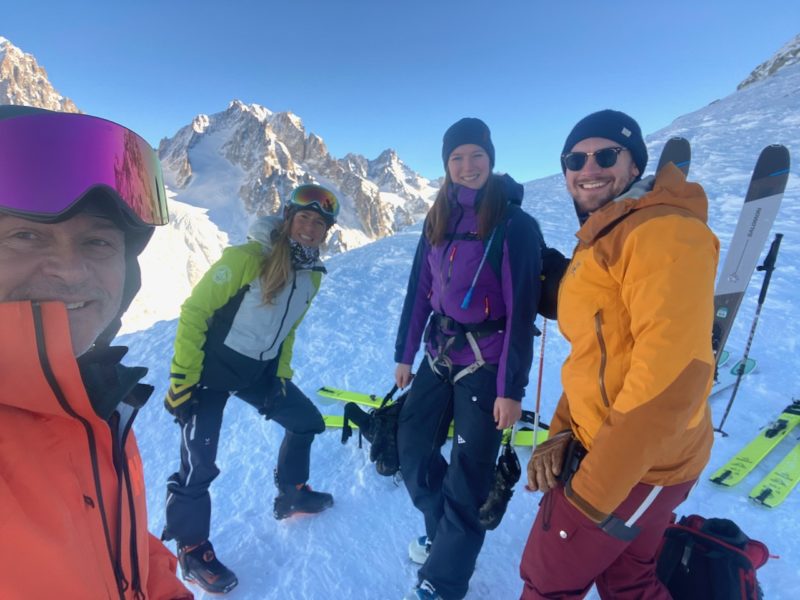EU NATIONS LOOK TO LIFT SOME BORDER RESTRICTIONS
13th May 2020
Last modified on May 20th, 2021
Will it be enough to kick start summer tourism safely? Some alpine tourism is set to restart and there are implications for next winter’s ski season.
A gradual lifting of borders has been proposed by the EU in an attempt to kick-start the tourist industry hit hard by the coronavirus pandemic.
Mid-June is the target date.
“Our message is we will have a tourist season this summer, even if it’s with security measures and limitations,” said economic affairs commissioner Paolo Gentiloni.
Borders closed across the EU, including the border-free Schengen zone as covid-19 spread in March.
Some states are starting to reopen them.
Austria and Germany have become the latest EU countries to agree to remove travel restrictions.
Both have been judged to have done well in battling coronavirus with 623 and 7,735 deaths respectively.
From Friday there will be random checks at border crossings and then on 15th June free movement should resume.
“We want to make people’s everyday lives easier and take another step towards more normality,” said the Austrian Chancellor, Sebastian Kurz.
Austria won’t open its border with Italy yet and is to keep travel restrictions for France and Spain in place because new infections in those countries are still high.
“In Italy the situation is problematic, the new infections are still very high, similarly to France and Spain,” said Chancellor Kurz in Vienna on Wednesday.
“There is no basis right now to think about a border opening to Italy.”
Switzerland is also looking at June 15th as the date for normalising travel to France and Germany, provided that the epidemic doesn’t worsen.
In Austria bars and restaurants can reopen on Friday 15th May with hotels on May 29th.
Strict social distancing measures will be in place and enforced.
Germany will start to open some border crossings from Saturday, these include the border with Luxembourg and possibly with Denmark.
“The goal is that from mid-June we want to have free travel in Europe,” said the Interior Minister, Horst Seehofe,
He said that controls would be re-introduced if there were new outbreaks of coronavirus.
The UK meanwhile appears to be going in the opposite directions and strengthening restrictions at its borders.
It has announced a 14-day quarantine period for people arriving except for those from Ireland and France.
The non-binding EU plans involve countries working together to gradually remove travel bans and then border checks.
The various contact-tracing apps being worked on by European countries to monitor the spread of Covid-19 would have to work across Europe.
The Alps and the Pyrenees are a popular destination for summer tourism with some glacier skiing on offer in Switzerland, Italy, Austria and France.
Glacier resorts in Austria are set to offer some skiing at the end of the month.
Summer skiing set to start on Austria glacier at the end of May
So, what might it look like next winter?
We reported on the issue in this earlier article, How long will border restrictions to alpine countries remain? and reproduce some of it below.
Here at PlanetSKI we have been told privately that one large alpine ski area has been advised by the authorities that some form of border restrictions may be in place until next March and they should consider planning in case this is the outcome.
We stress there is no current reason to think this will be the outcome especially as some border controls are set to ease, but it is a possibility and it is being considered.
“We don’t have a clear perspective of the future, especially due to the uncertainty of the openings of borders with other countries and even among regions,” we have been told.
The person told us that the winter season will be more difficult with the queues at the lifts and new measures will be introduced, we have “no idea for the winter.”
The area is focusing purely on internal tourism this summer.
Another major region in one of the large skiing nations has told us, again on the understanding we do not identify the region, that it is looking at a scenario where there are few foreign visitors and they may therefore be relying on the domestic market.
It is perhaps a worst-case scenario, but it is a possibility.
A recent survey of businesses in the UK snowsports industry by Ski Press and Skipedia said the uncertainly of whether British passport holders will be able to travel next winter was a “key concern”, with 82% worried about freedom of movement across Europe.
This could be also be compounded by Brexit said some of the respondents.
Critics of the new UK quarantine regulations say the measure will be effective only when the destination country has a very low number of domestic cases.
Britain currently has the highest number of daily cases in Europe.
Its overall total is 31,855.
This high number of cases, may also be considered when countries with low cases, decided how to ease any border restrictions.
Austria for example is seen as a European county that has dealt with the pandemic well.
It is now easing its lockdown restrictions with no rise in new cases.
See this earlier article as we looked at the possible travel implications:
What might a ski holiday look like next winter?
Like the UK, perhaps some alpine will continue not to allow people to arrive if it is thought they may bring covid-19 with them.
One interesting development is that Vienna airport in Austria is offering on-the-spot covid-19 tests to arriving passengers.
If people test negative then they are allowed into the country and do not have to adhere to its current 14-day quarantine regulations.
Innsbruck is the main gateway airport to the ski resorts in the Tirol.
The airport is currently closed but we have been informed it is watching the Vienna initiative closely and “will provide covid tests if the airlines or tour operator wish to have them”.
If you have a view on the matter then please feel free to comment over on the PlanetSKI Facebook page and if you have any practical experience with alpine border controls we’d be delighted if you could share your experiences.

